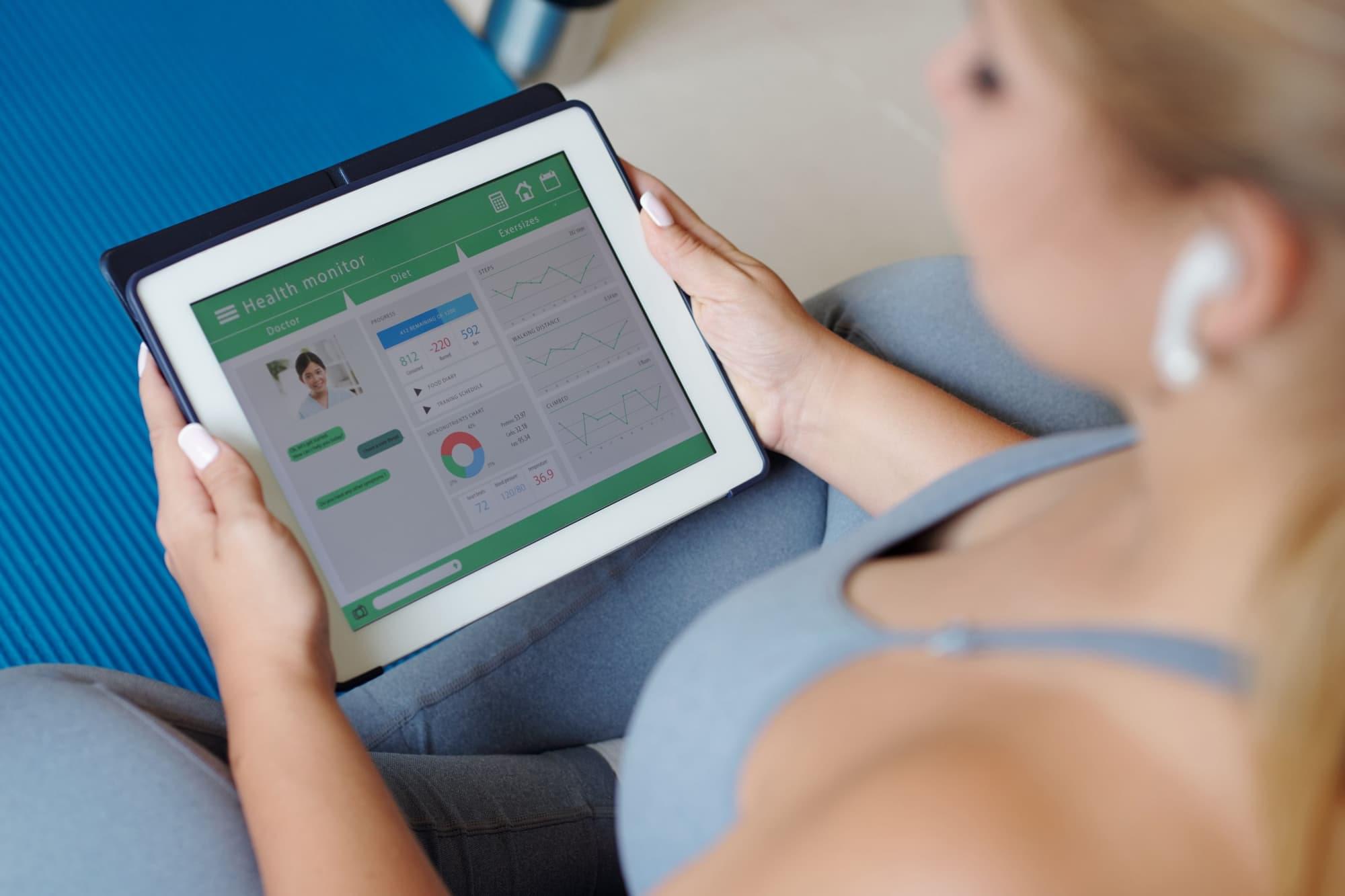Lipids/Cholesterol Test
The Lipids/Cholesterol Test measures total cholesterol, HDL, LDL, and triglycerides to assess the risk of cardiovascular diseases.
The Lipids/Cholesterol Test measures the levels of various types of lipids, including total cholesterol, HDL cholesterol, LDL cholesterol, and triglycerides. This test helps assess the risk of cardiovascular diseases.
Who would benefit from this test?
Individuals with a family history of heart disease.
Patients with high blood pressure or obesity.
Individuals with symptoms of high cholesterol, such as chest pain.
People with diabetes or other risk factors for heart disease.
Individuals on lipid-lowering medications.
Why undertake this test?
To assess the risk of cardiovascular diseases, such as heart attack or stroke.
To monitor the effectiveness of cholesterol-lowering treatments.
To guide lifestyle modifications and dietary changes.
To identify individuals at high risk for heart disease.
To prevent or manage complications associated with high cholesterol levels.
Test Type: Biochemistry
Results Estimated: 2 Working Days
A little more detail:
A lipids or cholesterol test, also known as a lipid panel or lipid profile, is a blood test that measures the levels of different types of fats in the bloodstream. This test is crucial for assessing an individual’s risk of cardiovascular diseases, including heart attack and stroke.
The lipid panel typically measures four key components: total cholesterol, low-density lipoprotein (LDL) cholesterol, high-density lipoprotein (HDL) cholesterol, and triglycerides.
Total cholesterol reflects the overall amount of cholesterol in the blood.
LDL cholesterol is often referred to as “bad” cholesterol, as high levels can lead to plaque buildup in arteries, increasing heart disease risk.
HDL cholesterol is known as “good” cholesterol; higher levels are beneficial as they help remove cholesterol from the bloodstream.
Triglycerides are another type of fat in the blood, and elevated levels can also contribute to heart disease.
The test is usually performed after fasting for 9-12 hours to ensure accurate results. Regular lipid testing is recommended for adults, especially those with risk factors for heart disease, such as obesity, diabetes, or a family history of heart problems. Monitoring lipid levels helps guide lifestyle changes and medication to promote cardiovascular health.
-
In house venous draw included. The in house sample collecon ensures that the sample is less likely to come back inconclusive.
-
Results delivered directly to you via email and available via the laboratory portal.
-
Our in house doctors are available to review the results with you via an online session at a supplementary cost.
How it works
Purchase Test
Find the test that you are looking for, add to your basket, check-out and pay.
Select Appointment
On paying for your test you will be prompted to select a date and time for your blood sample collection.
Turn Up
Arrive on the day of your test to have your blood sample collected.
Get results online
When your results are ready you will receive them via email or can access via the laboratory portal.
Get your personalise report online
Once you have had your sample collected by our in-house phlebotomist, the sample will be delivered to our laboratory partner who will then process the sample. Once the sample has been processed you will receive an email with an attachment of the report informing you your results are ready to also be viewed online via our dedicated portal. Should you wish to discuss the results with one of our doctors, you will be able to add a remote call to your booking at a supplementary cost. The sessions last up to 30 minutes and are an opportunity for you to ask any questions that you may have.
